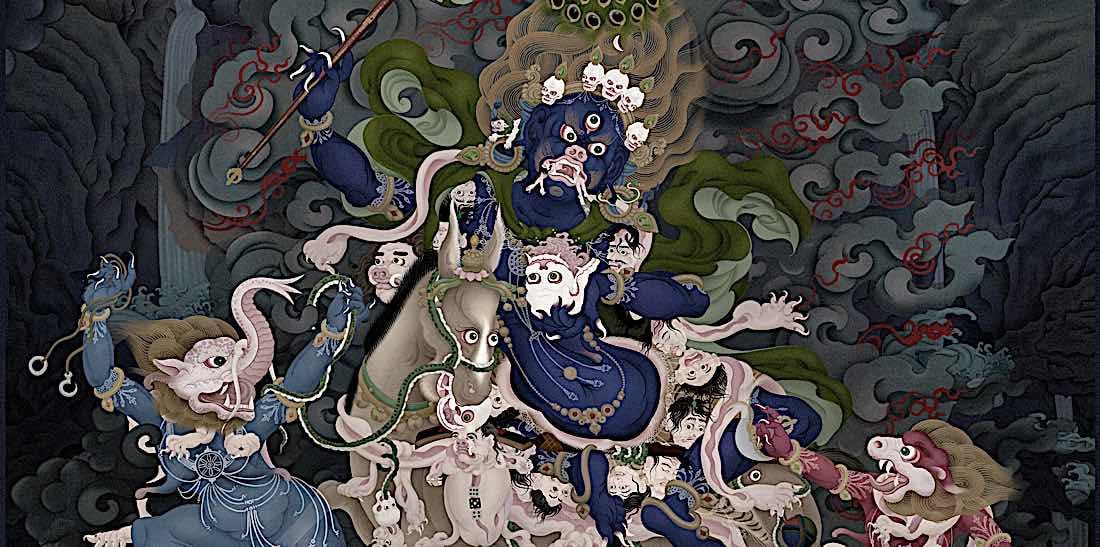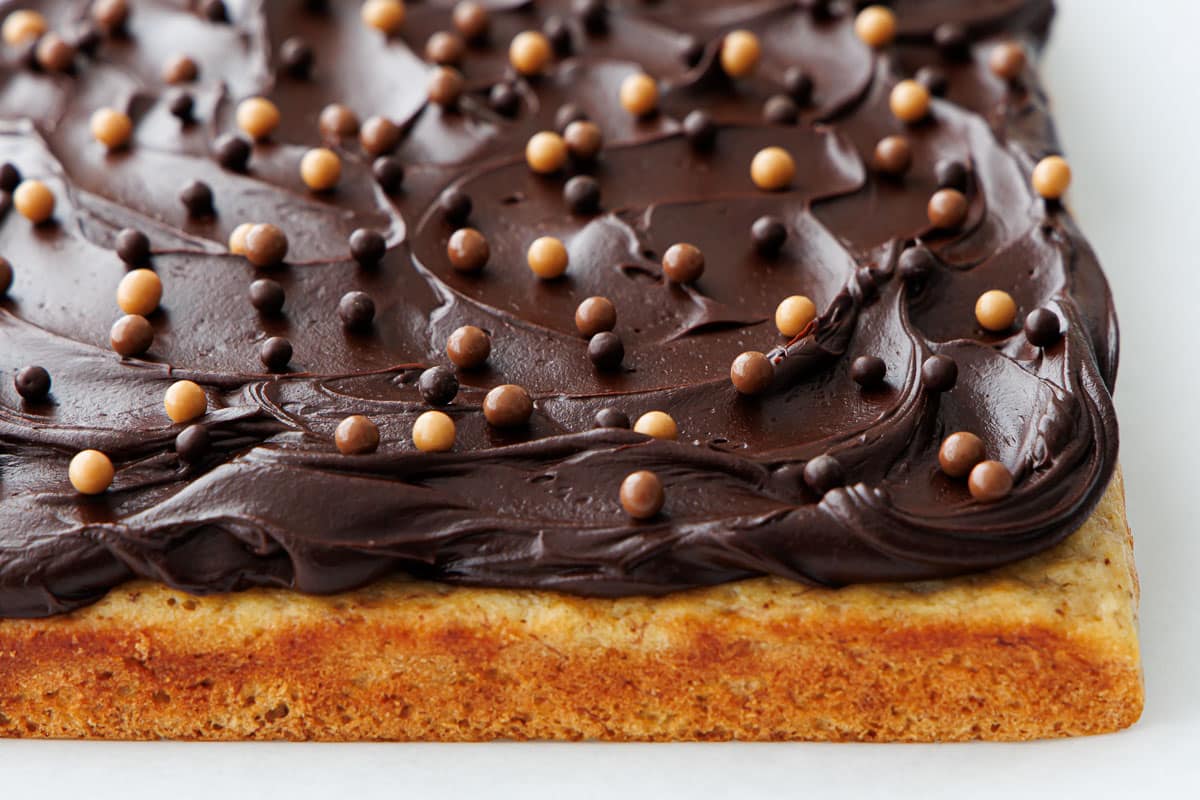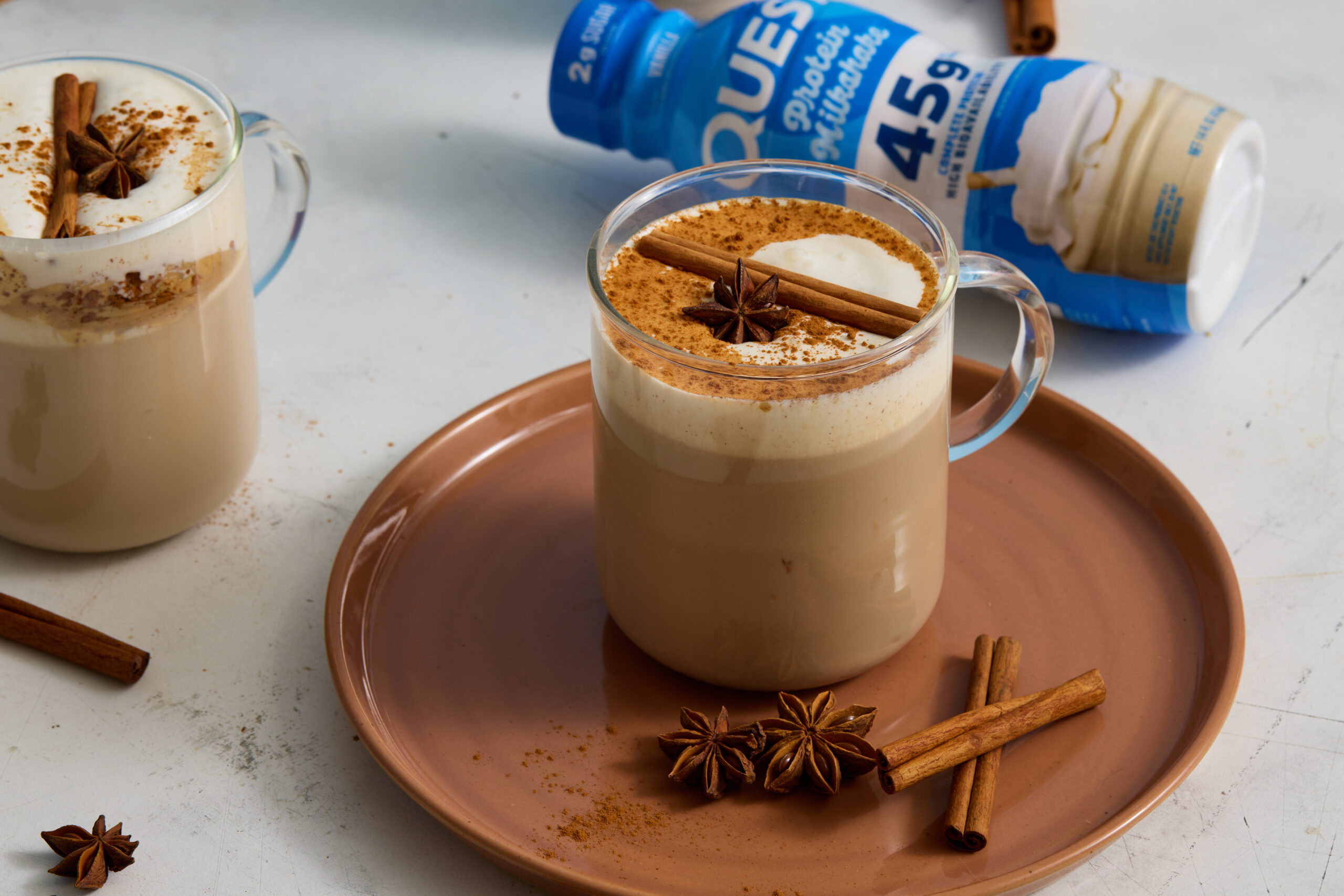This Popular Bedtime Tea May Actually Be Disrupting Your Sleep
And what to sip instead.

|

Our editors have independently chosen the products listed on this page. If you purchase something mentioned in this article, we may earn a small commission.
Raise your hand if this has happened to you: It's 8 or 8:30 in the evening and you brew a cup of bedtime tea full of relaxing herbs that will surely guarantee a good night’s sleep. You sip it as you tidy up and change into PJs, taking the last drink just before you brush your teeth. Lights out at the stroke of 10, you're calm and perfectly sleepy, drifting off with the satisfaction that you've set yourself up for the elusive eight hours—only to wake at 12:24 a.m. with the undeniable urge to pee. Resigned, you get out of bed, visit the loo, and tuck back in. Then lie awake for an hour or more, waiting for sleep to come. Foiled again.
Why sleep teas wake us up in the middle of the night + the worst offender.
Many sleep teas include ingredients that are soothing and taste great but that also have diuretic properties.
Diuretics spur the body to expel water as urine, waking us up in the middle of the night. And of course, since tea is mostly water, it just tends to move through us quickly.
This is why I tell clients to drink their final tea for the day by 7 p.m. As my teacher and mentor, the herbalist Michael Moore of the Southwest School of Botanical Medicine, told us time and again: "You have to meet the herbs halfway."
Although any tea has the potential to wake you up, years of working with clients has taught me that chamomile tends to do so the most—and it's ubiquitous in sleep tea formulas. Other calming herbs, such as lemon balm, rose petals, tulsi, and oatstraw are mildly diuretic, but they are less likely to wake you up at night.
A bedtime tea that won't disrupt sleep.
The recipe below features the following calming ingredients that won’t flush out your system and leave you rushing to use the restroom in the middle of the night.
Tulsi Rose Relax Tea Recipe
If using fresh herbs, chop finely and double these measurements.
The shelf life of tea is about two days if kept covered in the refrigerator. Once you've tried this once, feel free to play around with how much of each of these herbs you would like in your tea. You can add more rose petals and less tulsi. Experiment with your recipes!
Tea as an end-of-day rite.
Remember to let your lifestyle support your evening relaxing tea. After 8 p.m., bring your nervous system to a state of calm by staying off screens, dimming the lights, and allowing some space for introspection. I hope these herbs become part of a welcome end-of-day ritual that helps you prepare for the transition to sleep—without waking you up for a bathroom run in the middle of the night!
https://www.mindbodygreen.com/articles/a-bedtime-tea-that-wont-send-you-to-the-bathroom

 MikeTyes
MikeTyes 
































